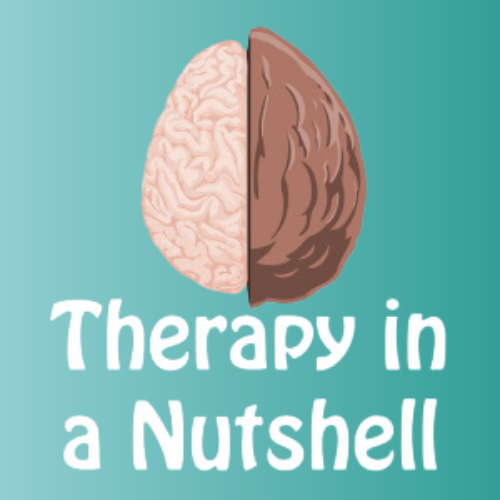Exploring a Sensory Diet for Emotional Regulation - Sensory Processing Disorders
Description
If you struggle with emotional regulation, you desperately need to know about sensory regulation- but A lot of people have no idea what sensory needs are and most people don’t know how to manage their sensory diet to help with emotional regulation. This is super important with children, and with the neurodiverse community -ADHD and Autism Spectrum folk- but anyone that doesn’t understand their sensory regulation needs often struggles with emotional regulation. You can learn to build a healthy sensory diet. When someone comes in with anxiety, overwhelm, burnout, or they’re struggling to function- Sensory needs are one of the first things I assess for. And when kids have attention, learning or behavior problems, they desperately need someone who can understand their sensory needs, because your sensory diet directly impacts your brain’s ability to process stimuli and emotions in a healthy way. So I’m going to teach you about sensory regulation and how that can relate to managing our emotions as well.
Looking for affordable online counseling? My sponsor, BetterHelp, connects you to a licensed professional from the comfort of your own home. Try it now for 10% off your first month: https://betterhelp.com/therapyinanutshell
Learn more in one of my in-depth mental health courses: https://courses.therapyinanutshell.com
Support my mission on Patreon: https://www.patreon.com/therapyinanutshell
Sign up for my newsletter: https://www.therapyinanutshell.com
Check out my favorite self-help books: https://kit.co/TherapyinaNutshell/best-self-help-books
Therapy in a Nutshell and the information provided by Emma McAdam are solely intended for informational and entertainment purposes and are not a substitute for advice, diagnosis, or treatment regarding medical or mental health conditions. Although Emma McAdam is a licensed marriage and family therapist, the views expressed on this site or any related content should not be taken for medical or psychiatric advice. Always consult your physician before making any decisions related to your physical or mental health. In therapy I use a combination of Acceptance and Commitment Therapy, Systems Theory, positive psychology, and a bio-psycho-social approach to treating mental illness and other challenges we all face in life. The ideas from my videos are frequently adapted from multiple sources. Many of them come from Acceptance and Commitment Therapy, especially the work of Steven Hayes, Jason Luoma, and Russ Harris. The sections on stress and the mind-body connection derive from the work of Stephen Porges (the Polyvagal theory), Peter Levine (Somatic Experiencing) Francine Shapiro (EMDR), and Bessel Van Der Kolk. I also rely heavily on the work of the Arbinger Institute for my overall understanding of our ability to choose our life's direction.
And deeper than all of that, the Gospel of Jesus Christ orients my personal worldview and sense of security, peace, hope, and love https://www.churchofjesuschrist.org/comeuntochrist/believe
If you are in crisis, please contact the National Suicide Prevention Hotline at https://suicidepreventionlifeline.org or 1-800-273-TALK (8255) or your local emergency services.
Copyright Therapy in a Nutshell, LL
More Episodes
Published 11/12/24
Download the free PDF: "6 Phrases to Help with Intrusive Thoughts or Repetitive Worries" https://courses.therapyinanutshell.com/pl/2148585686
Do you struggle with intrusive thoughts, worries, or constant "What if?" scenarios? Whether you're imagining catastrophes or obsessing over something you...
Published 10/25/24
Published 10/25/24


